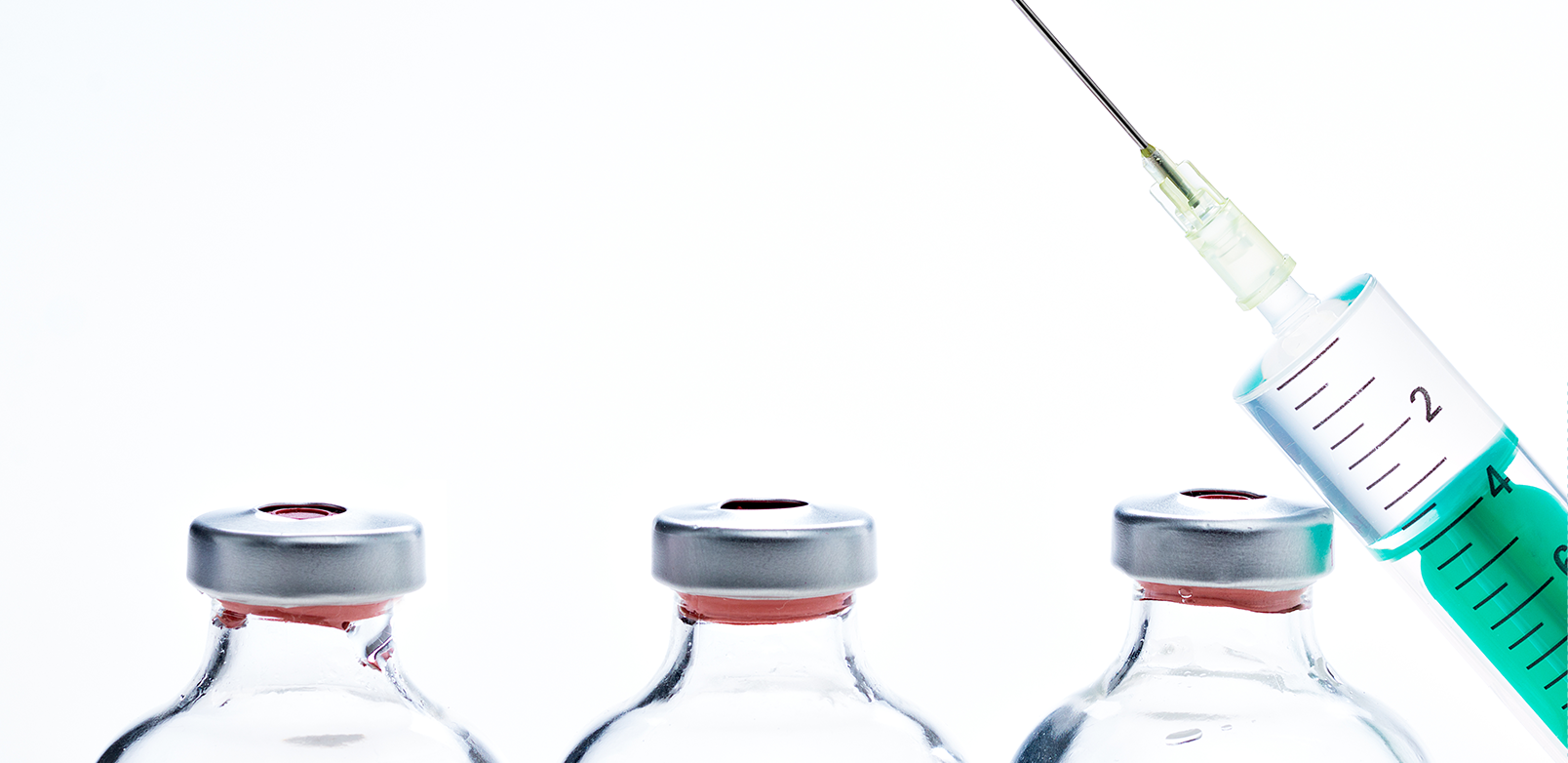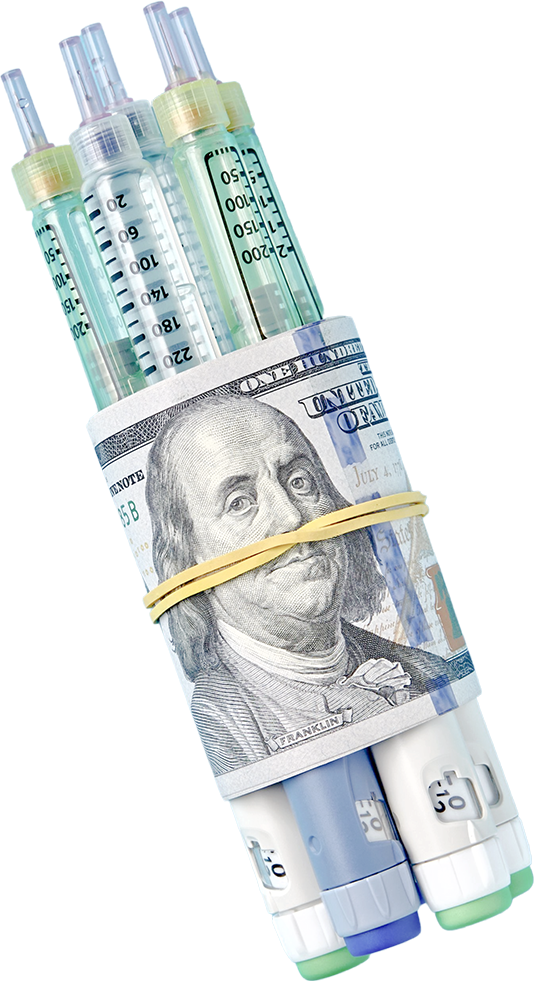Hope for Sky-High Prices with INSULIN Act
Last month, Senators Jeanne Shaheen (D-NH) and Susan Collins (R-ME) unveiled bipartisan legislation to lower the skyrocketing costs of insulin. The senators call it the Improving Needed Safeguards for Users of Lifesaving Insulin Now (INSULIN) Act.

The state of California will begin producing life-saving insulin to combat the high fees plaguing those who need access to it. Gov. Gavin Newsom announced “Nothing epitomizes market failures more than the cost of insulin,” in his video on Twitter last week.
This may leave those in other states wondering what this means for them. California is not alone in the high cost of insulin, so what is being done for our nation as a whole? The national average is $175 and $300 a vial; it is necessary to address this issue for those who are struggling to afford this vital medication.
Bipartisan Legislation
Last month, Senators Jeanne Shaheen (D-NH) and Susan Collins (R-ME) unveiled bipartisan legislation to lower the skyrocketing costs of insulin. The senators call it the Improving Needed Safeguards for Users of Lifesaving Insulin Now (INSULIN) Act.
The INSULIN Act aims to present a variety of critical policy changes. When insurance plans and pharmacy benefit managers collect rebates on insulin, the sale price skyrockets. This act would prevent rebates and thus keep insulin prices affordable. A deductible waiver and copay limit of $35 will be available for some recipients, by making more insulin eligible for cost-sharing protections. Efforts would be made to ensure coverage and wider access to insulin by blocking beneficiary limits frequently enacted.

The Data
In 2019 Medicare Part D enrollees spent $1 billion out of pocket on insulin. This is up to four times the cost from 2007, according to the Kaiser Family Foundation. It’s not a cost that Americans with diabetes can cut back on. It crowds out necessities in family budgets and forces patients to skip doses and risk health complications or death.
A recent survey by CharityRX shows that the economic burden of insulin has led four out of five individuals to take on credit card debt – averaging $9K per person.
The insulin price crisis has garnered the attention and support of many nonprofit and medical organizations. Including:
- The American Diabetes Association
- The Academy of Nutrition and Dietetics
- Certification Board for Diabetes Care and Education
- Children with Diabetes
- JDRF
- And the National Kidney Foundation
Gaining Support Across the Isle
Thirteen organizations total, including those above, have signed a letter to Speaker Pelosi, Minority Leader McCarthy, Majority Leader Schumer, and Minority Leader McConnell on the new INSULIN Act. This would not be the first time that insulin pricing legislation has come before Congress, but it is clear now more than ever – we need to address these predatory prices. As mentioned in the letter to Congress, 40% of those who died from COVID-19 also had diabetes. One can only hope that this has made the affordability of insulin a more pressing issue for members.
According to some reports, a bigger, broader bill was on the table for Shaheen and Collins. Yet, as it stands today, the INSULIN Act has a better chance of passing with more support from both sides of the aisle. Even a small victory in DC has the chance to save lives at this point.
Now Is the Time
“For far too long, patients have stretched their budgets, rationed insulin, and made difficult personal decisions to keep this drug within reach for themselves or those they love,” said the senators in a statement on the bipartisan bill. “There is support on both sides of the aisle for this proposal and the American people cannot — and should not — have to wait a moment longer for relief.”
Diabetes affects 37 million in the U.S., how can we leave it up to individual states to fend for themselves? Shaheen and Collins called on Congress in their statement to act “swiftly,” stating that Senate leadership must bring the INSULIN Act to the floor immediately. So for now, protection from pharmaceutical gouging seems only a short way off.
Related Links